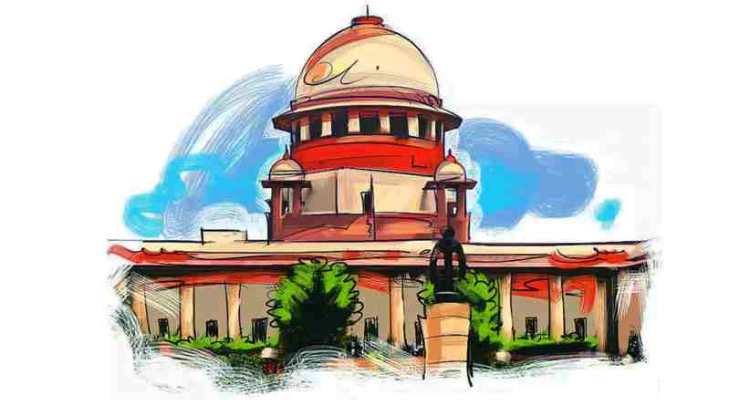
Virtual Appearance Overlooked
In a recent decision, the Supreme Court expressed disapproval of a Calcutta High Court order that required the physical appearance of two co-accused in a matrimonial dispute, despite one being medically unwell.
Justices Advocate for Virtual Hearings
A Vacation Bench of Justices Dipankar Datta and Satish Chandra Sharma reasoned that the option for a virtual appearance should have been granted, particularly since one party had a scheduled surgery. The Supreme Court highlighted the advancements in technology and the availability of virtual hearings.
Criticism of High Court’s Decision
“We have failed to comprehend the necessity of the direction of the High Court,” stated the Supreme Court. The apex court expressed confusion over why the High Court did not consider virtual attendance, especially given the medical condition of one petitioner.
High Court’s Order Stayed
The Supreme Court stayed the High Court’s directive, allowing the parties to appear virtually. “An attempt to achieve a settlement by allowing the petitioners to attend proceedings through the virtual mode ought to have been made,” the Supreme Court opined.
Context of the Appeal
The Bench was reviewing an appeal against a May 14 High Court order that directed police to ensure the appellants’ personal presence for interaction in a marital discord dispute. One appellant, scheduled for surgery, could not travel from another state, a concern the Supreme Court found valid.
Emphasis on Medical Conditions
“The situation, prima facie, was not such as to call for the Court’s insistence on personal presence,” the Supreme Court noted, emphasizing the ailing petitioner’s need to avoid arduous travel from Mumbai.
The Supreme Court allowed the appellants to appear online before the High Court. The case is set for further hearing in July.
Read More: Supreme Court, Delhi High Court, States High Court, Other Courts, International




